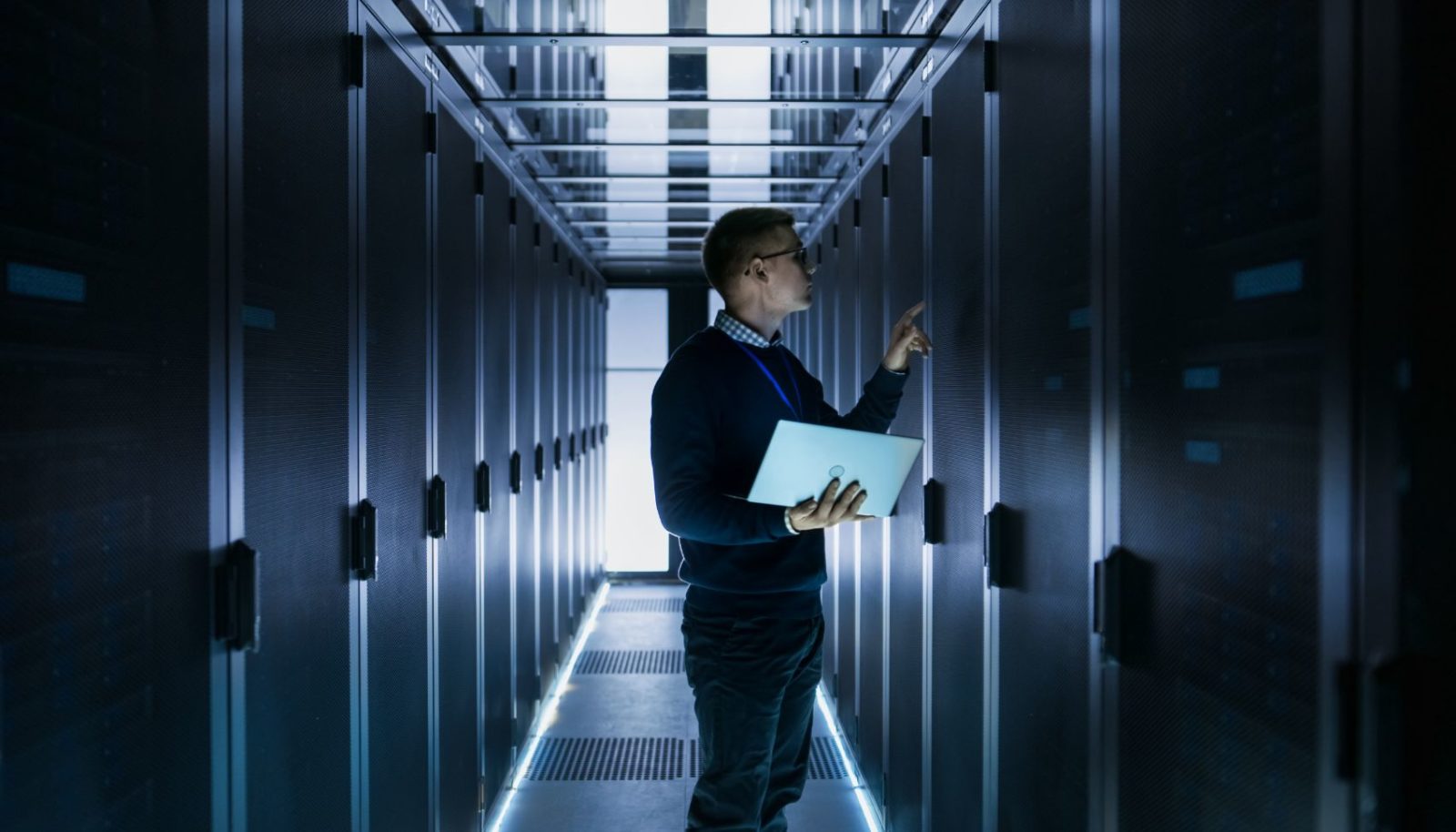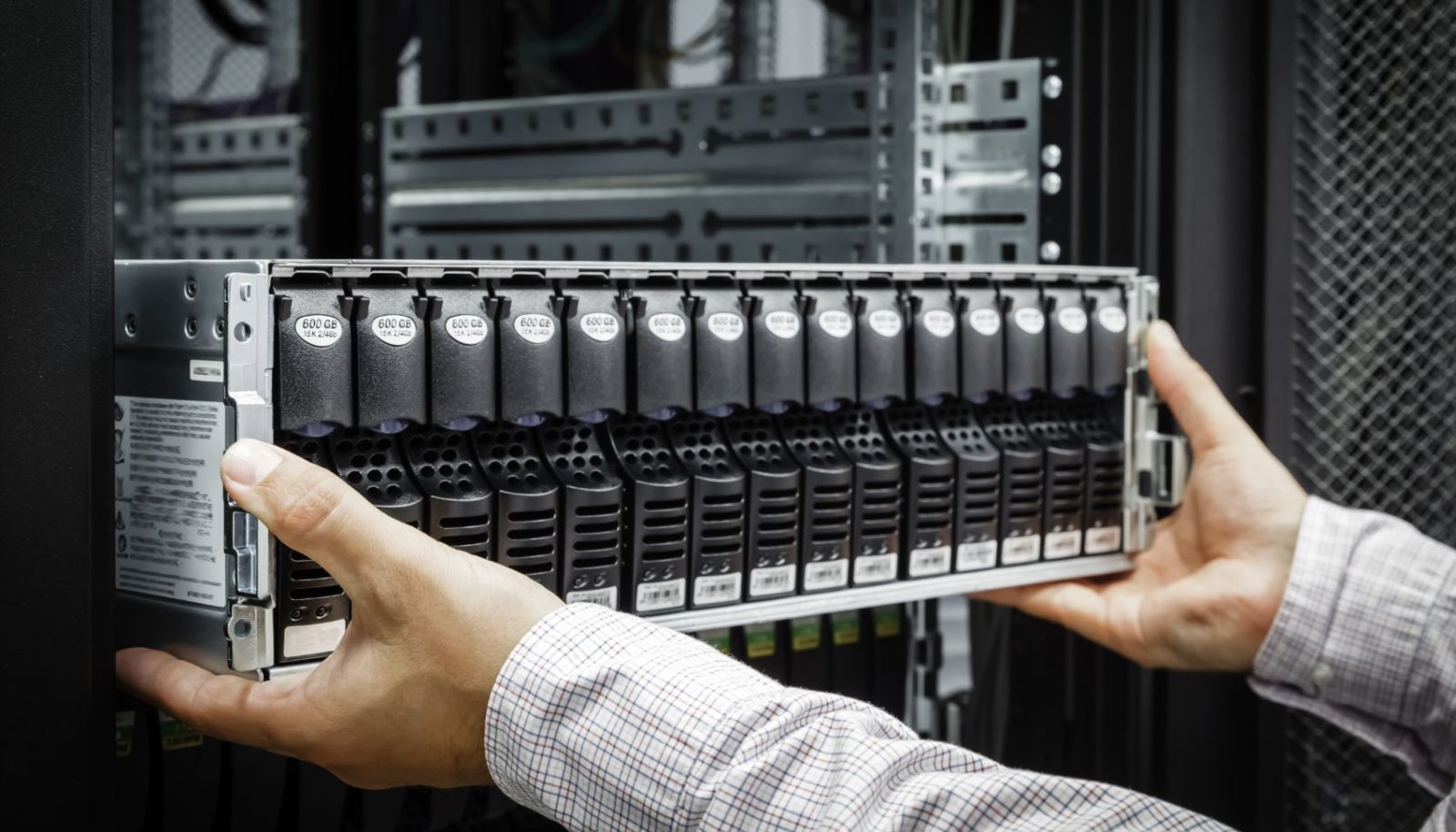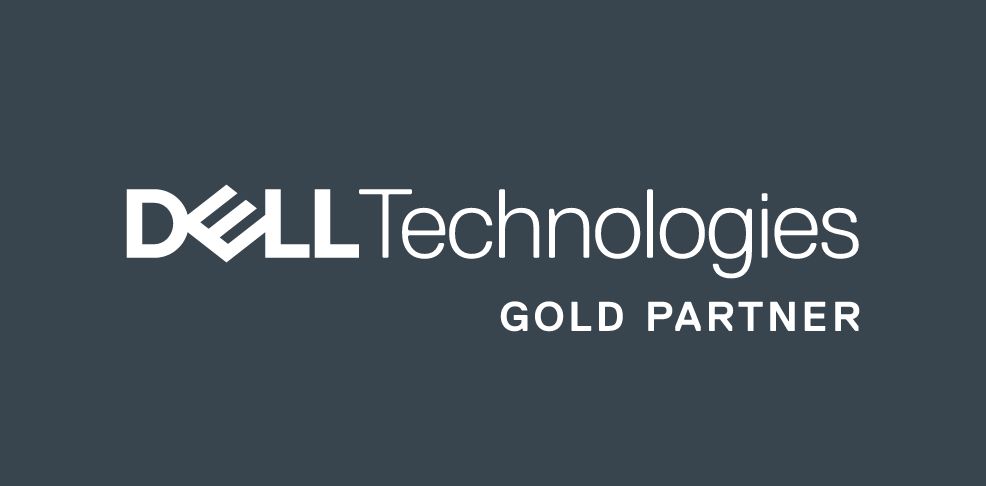strategic, custom solutions for your data center
At iPower, we partner with the industry’s leaders in Server, Storage, Networking, and Security fields to provide our customers with a platform that fits their needs today and will scale well into their future. We are the perfect solution for your data center and are here to ensure that your data center infrastructure is stable.
Our experts know the best ways to run an efficient business with enhanced data center security. We specialize in data center automation and know all the right data center components you should use for optimal efficiency.
-
Converged Architecture
Converged and Hyper-Converged server and storage systems can significantly simplify your infrastructure management, total cost of ownership, and provide increased performance and scalability.
-
Networking
Today’s networks are moving more and more traffic, and the risks associated with devices requiring corporate access are multiplying exponentially. Can your network keep pace and keep your systems safe simultaneously?
-
Storage
Let’s face it – your cloud storage is always growing. Thankfully, the latest storage platforms are producing faster and faster performance, all while delivering the lowest cost per GB in history. Move your storage to an all-flash solution today.
-
Servers
Check out the latest enterprise-ready servers from Dell EMC and Cisco. Store, access, manage and destroy your documents with a product that scales to fit your needs.
-
Next-Gen Security
Cyber risk is everywhere. Protect your digital assets with our unique, multilayered security approach—protection for every layer of your network from Firewall to Endpoint.
-
Backup & Disaster Recovery
Our backup and disaster recovery solutions should be key components of your business continuity plan. These virtualization technologies allow you to protect your data at all costs, ensuring it is always available when needed. No matter the disruption or service interruption, your data will live on a public cloud, and we will use various technologies to support it.
Increase Storage Performance & Reduce Your Long Term Hardware Costs
Your legacy servers and cloud storage could cost you more than you realize. Schedule one of our complimentary Data Center assessments today to learn about the benefits of the converged architecture.
Modernizing your Data Center today could save your company significant expenses and reduce overall infrastructure complexity. Contact us to learn more about our public cloud and on-premises data center solutions.

SERVERS
We invest in our vendor partnerships and technical staff training so that we can right-size products and solutions to your specific business challenge.

STORAGE
Explore our storage products and services for small businesses. Store, access, manage and destroy your documents with a product that scales to fit your needs.
Dell EMC Storage Solutions

Dell EMC is the gold standard in enterprise storage systems. Products including Dell SC Compellent, EMC Unity, Isilon, Extreme IO, and VMax round out their traditional storage line card. Dell EMC also leads other vendors in their converged and hyper-converged offerings with industry leading hardware solutions built on Nutanix and and their VXRail product. By eliminating complex tasks and enabling fast and flexible storage provisioning, these solutions dramatically reduce the costs of storage acquisition and ongoing operations. Patented page-based volume management enables automatic movement of data while it is in use.
Modern Data Centers And Data Center Operations
The main elements of a data center are generally divided between facilities (physical location, security measures), enterprise data storage infrastructure (servers, storage resources, subsystems, network connectivity switches, etc.), support infrastructure (power distribution, UPS, backup generators, electrical switching, etc.), and operational equipment.
The best way to define a data center is as a physical facility companies use to house their critical applications and data. However, modern solutions allow data centers to be placed in remote locations and function with minimal human interaction. As more data is used by companies worldwide, data centers require complex infrastructure that may include power subsystems, uninterruptible power supplies, ventilation, cooling systems, and connections to external networks.
As for the actual types of data centers, there are:

Enterprise data centers
This type commonly includes on-premises data centers built and owned by organizations for their internal end users, supporting the IT operations and critical applications of a single organization. Applications and workloads are virtualized in multiple private and public clouds, and the enterprise data centers are used by a single organization mainly for their private purposes. Enterprise resource planning (ERP), databases, big data, artificial intelligence, and machine learning are all examples of active technologies within these data centers, which can be implemented on-site and off-site.

Managed services data centers
A data center of this type is managed by third parties and provides all aspects of data storage and computing services. Instead of buying, companies lease infrastructure and services.

Colocation data centers
In this data center model, a company rents space within a data center owned by others and located off company premises. Colocation and edge data centers (described below) allowed for the expansion of the technologies, performing more data analytics and taking remote management to a new level.

Edge data centers
In this data center design, the data center facilities solve the latency problem by being closer to the network’s edge and data sources (also known as edge computing). When the data center facility is geographically located closer to the end user and the edge of a network, users benefit from a range of next-gen applications and lower latency, higher security, and edge computing, allowing greater control over their data.

Hyperscale data centers
Common examples include many organizations that use off-center premises. Examples of such data center design include new technologies from the cloud services provider Amazon, Meta, Microsoft Azure, and Google. These cloud data centers feature hyper-scale cloud computing infrastructure. It ensures hardware density, minimizing cooling costs and administrative overhead. These large data centers are responsible for optimizing hardware and software to serve millions of clients through their physical infrastructure.
CONVERGED CLOUD DATA CENTER ARCHITECTURE
Converged and Hyper-Converged server and storage systems can greatly simplify your data center infrastructure management and the total cost of ownership, providing increased performance and scalability.
As your trusted data center advisors, we aim to help you automate tasks, explore data analytics, bring more hybrid cloud solutions to your processes, and ensure maximum energy efficiency through cloud computing.

New Trends Shaping The Data Centers Industry
Nowadays, many data centers are reliant on traditional methods. Only the pioneers are trying to implement innovative measures by installing massive experimental batteries and leveraging on-site power generation through renewable energy. Renewable power sources include wind, solar, and natural gas-powered fuel cells, all playing a key role in the green energy revolution.
In addition, there is a focus on server virtualization, which allows plenty of managed service providers (MSPs) to migrate to software-defined data centers (SDDC) and adopt this model as they recreate the computing powers and storage in software form.
It’s clear that the future of data centers will rely on hyper-converged infrastructure and 5G networks. These will allow for more control than we see now in the outside world.
Lastly, we can see that artificial intelligence (AI) and automation are still key technologies. Some programs can effectively optimize the performance of a data center through predictive analytics, automated processes, and remote management.
Frequently Asked Questions
How do cloud data centers work?
A cloud data center features architecture where the actual hardware is managed and run by the cloud provider in question, often with the help of a third-party managed services provider. Then, clients run their applications and manage data within a virtual infrastructure on cloud servers.
What is the difference between on-premises and off-premises data centers?
On-premises data centers are installed on the user’s or organization’s systems, while off-premises data centers have a different concept altogether. Within their structure, some other third parties do the hosting and support.
How and where is data stored in a data center?
Data centers contain resources that are connected internally and externally through networking and communication equipment. Together, they store, transfer, and digitally access information. Within each server, there is a processor, storage space, and memory similar to a personal computer but holding more power.
What is more secure – a data center or a cloud solution?
Public cloud solutions are typically more secure than having your own data center. However, this is only because of big players stepping into the game (Microsoft, Amazon, Google) and generally applies to small to mid-sized organizations with fewer storage needs.
PARTNERS











